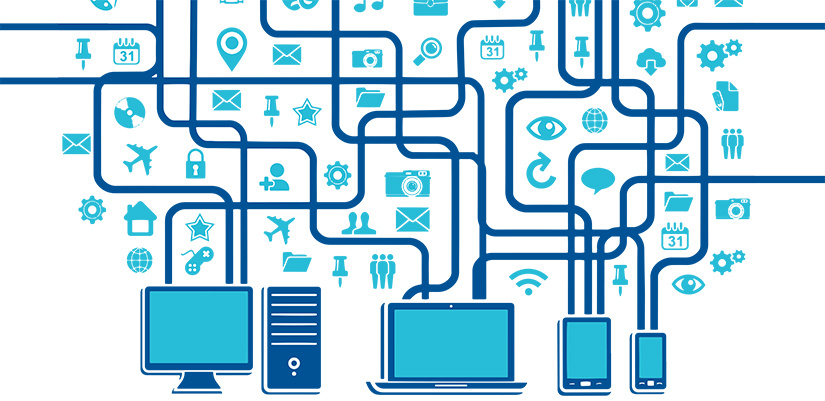What can “big data” do for health care? Plenty, says USC College of Nursing professor Ronda Hughes, who is working with her team of researchers and computer and data science specialists
to improve decision-making and gain new knowledge that will enhance health care itself
across all types of health care organizations.
Health care leaders and clinicians are pushing for the right analytic tools and better
metrics to address the ever-changing health care environment. But if health care is
to truly improve, Hughes says, nursing leaders and researchers must harness the depth
and breadth of data, using techniques such as predictive analytics and machine learning.
Every database, from insurance claims data to staffing data to readmissions data and
population health data, is an opportunity to identify patterns, ideal outcomes and
what needs to change.
While many decisions are made based on experience or gut feelings, the rapid growth
in large databases throughout
health care is providing potential insight into how to improve delivery of health
care services and population health. That
includes establishing a relational source of performance data, working with and giving
feedback to decision makers in
real time, optimizing care delivery processes and providing coaching for decision
makers to use data more effectively.
Through the new Excellence in Nursing Consortium, a partnership with hospitals in
the state and region, health care
providers and health care organizations, Hughes and her team are working to make sense
of data, creating a culture
of evidence-based decision making that brings the contributions of nurses to the forefront.
The consortium will enable
interprofessional teams to bring findings from research and data to decision makers
from the boardroom to the bedside.
Because health care teams are responsible for the quality and outcomes of health care,
nursing — the nation’s largest
health profession — is at the core of health care transformation. When new protocols
or requirements are initiated, it
is nurses who interface with and care for patients, ensure that all key steps are
taken and gather data to assess and
demonstrate organizational performance. Hughes’ team is working with nurse leaders
to strategically use data and
evidence-based tools to improve the nurse-patient interface and patient outcomes.
With more tools and better understanding of data, nurses can lead the health care
team to realize needed changes
that bring society closer to improved systems and availability of health care that
will help current and future patients.
This story was originally published in the Fall issue of the College of Nursing magazine.
